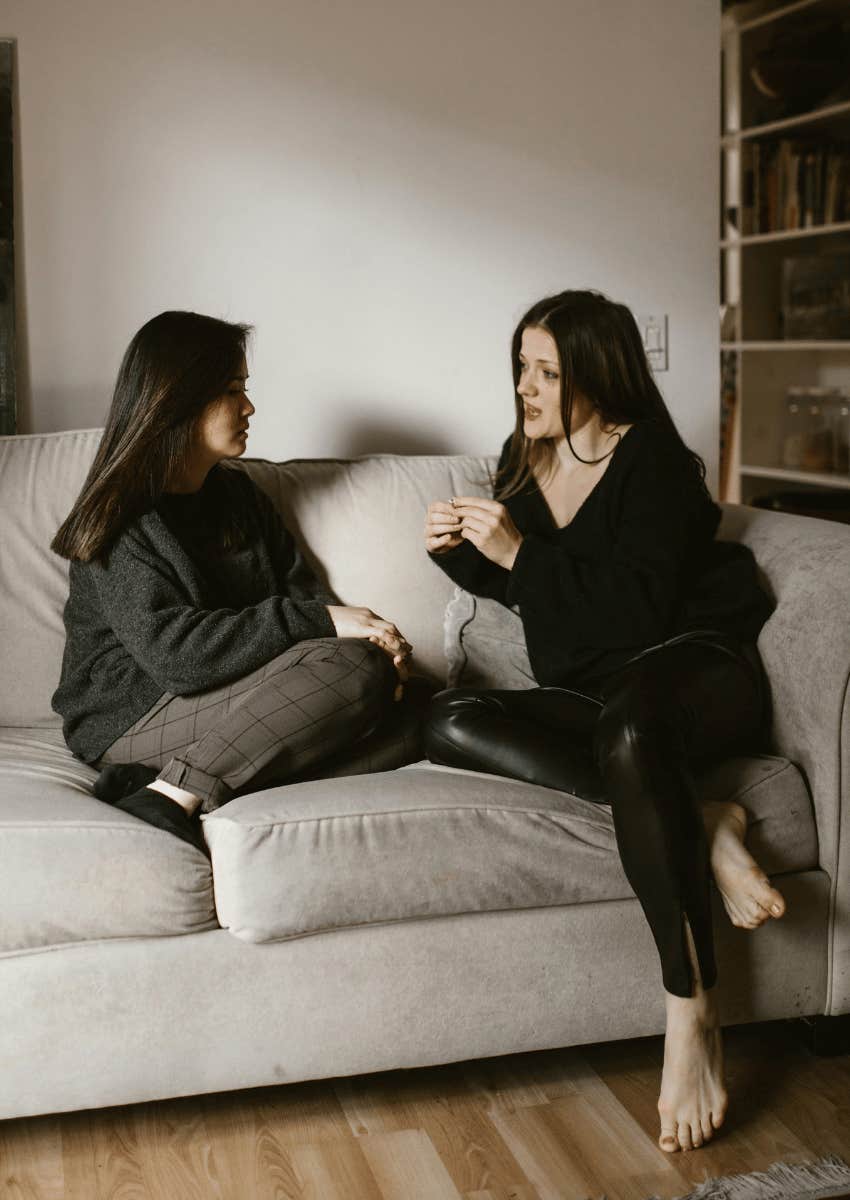My mother died a couple of weeks ago. Her funeral was on Saturday. Her interment was today. But her passing did not fill me with despair. This is why.
Many people adored my mother, and rightfully so. She was a pillar of the community. She could be generous. Just not to me.
My mother had a beautiful smile that could light up a room — but never any room that I was in.
Her obituary had a big, beautiful photo of her smiling, and my first thought was that it didn’t look like her. I rarely saw her smile — at least, not at me nor any of my children.
I invited her (and my father) to a martial arts studio once to watch their grandkids perform kicks and jumps. At first, they seemed bored, and then irritated — my father kept asking how long the performance would last. Throughout the event, he kept looking at his watch.
“Our time is more valuable than this,” said my mother, lips pursed in disapproval as she rushed the kids and me out the door post-performance. I didn’t understand their disapproval.
My parents had proudly supported my brother’s kids for years, one of whom was a dancer and a musician with many performances and competitions. They attended this child’s events and glowed with pride whenever they talked about her. But for my kids, it was too inconvenient to sit through one martial arts demonstration.
cottonbro studio | Pexels
My parents continually hurt me and yet, I kept trying to please them anyway.
I invited them into my home, listening attentively to their perspective, even when this perspective turned out to be constant criticism and an endless barrage of attacks on my choices. When I left the Mormon church, they told my brother I had been led astray by Satan.
When I left an abusive marriage, my father took my ex-husband out to lunch as a gesture of support, and my mother called me “hurtful” for not considering how my divorce affected her. In the years leading up to our estrangement, nothing I did was enough to make her happy, and nothing I said could propel her to see me as a human being.
The careful pains I underwent to connect with her when things were good between us as a lonely college student in the mid-90s were used against me a few years ago when she wrote and mailed a note stating that the heartfelt weekly letters I had penned to her in college were essentially incomprehensible gibberish and that she could never understand anything I tried to communicate.
When matters were tense between us, my mother (and father) would often make biting passive-aggressive remarks to my face. But it got worse when my mother began smearing my name to relatives. In the decade before our estrangement, she produced a steady stream of nasty commentary to assassinate my character.
That might’ve been okay if she had kept it in her private journal. Instead, she posted it publicly online. My best girlfriends, my boyfriend, and my therapist all told me that’s as toxic as it gets. They asked me what I was gaining from the relationship.
“It’s my mother,” I told them. I still wanted to give her a chance. And so I asked her to delete her words.
She hemmed and hawed. To her credit, she did remove some of the nasty commentary. But the worst of it remained.
 RDNE Stock project | Pexels
RDNE Stock project | Pexels
I continued to forgive my mother, to make excuses, and to assume she didn’t understand the impact of her words because I wanted a mother who loved me. But eventually, the pain of the relationship became too great and we became estranged.
I couldn’t hold on any longer. I stopped returning phone calls. I stopped reaching out, and I stopped apologizing. I had to let her go. So I did.
Goodbye, Mom.
You’ve taught me a lot. It’s because of you that I know better than to work hard to prove myself to people who’ve already made up their minds.
It’s because of you, I know that not everything sparkly and clear is a diamond. It could be nothing more than ice. So fragile, it will melt inside your hand.
Not all parents love their children. And sometimes a circle of close, supportive friends is all you need to be truly and sincerely loved.
Angela Thorne is a writer, educator, and musician whose work has been featured in Vine Leaves Literary Journal and The Orff Echo. Under the pen name Angie Outis, she authored Sorry So Sorry, a memoir in verse. In her free time, she enjoys binge-watching shows like Kaos and The Great.





